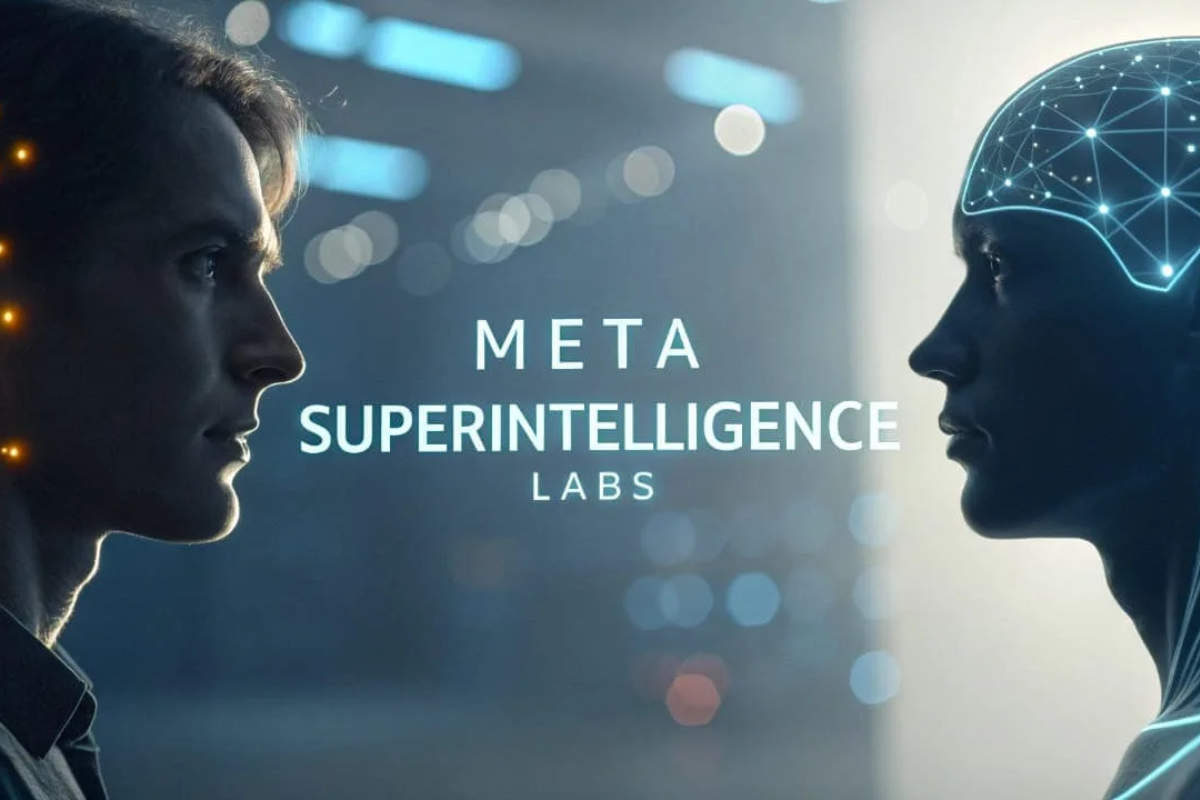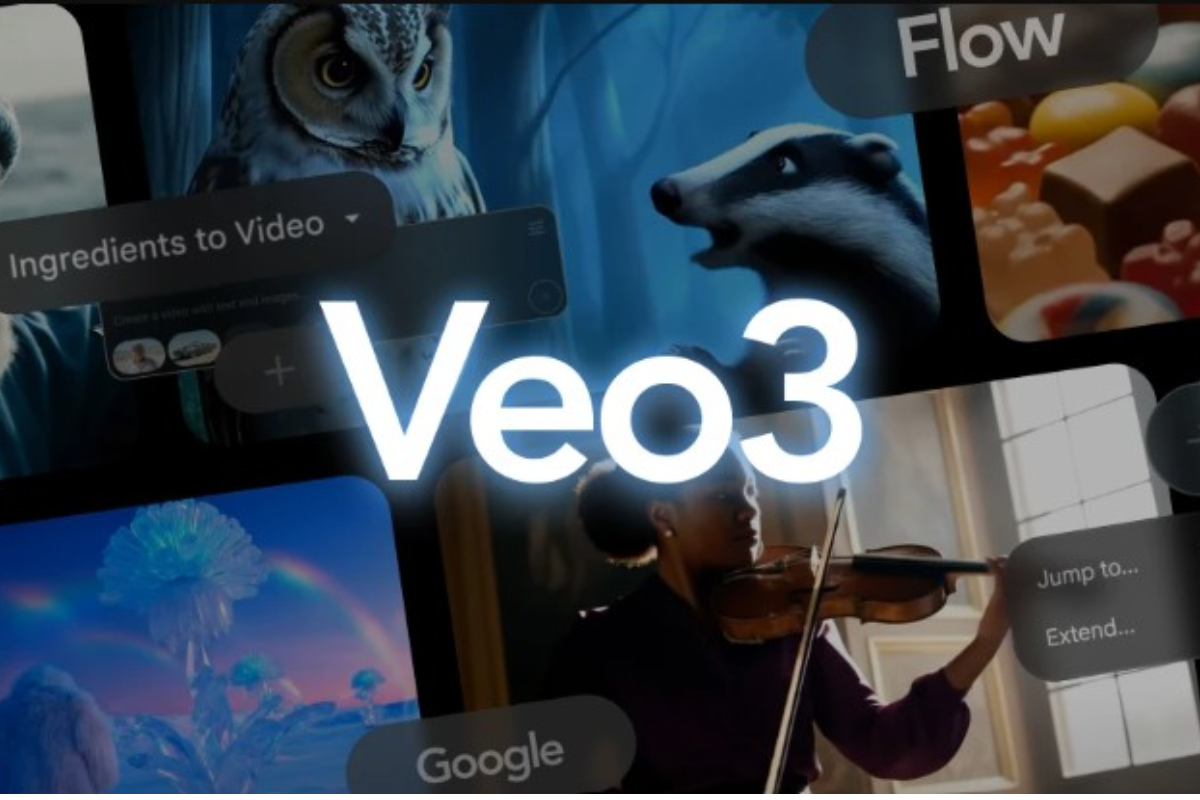Where smart algorithms meet seamless digital streaming, creating next-generation entertainment experiences worldwide.
Introduction: A New Age of Digital Entertainment
The entertainment industry is undergoing one of its most significant transformations in decades. Fuelled by rapid advancements in technology, especially streaming and artificial intelligence (AI), the way we consume media has shifted dramatically. Audiences today expect seamless, personalized experiences across devices, and the industry is responding with innovation that was once the stuff of science fiction.
Streaming services and AI-driven personalization are no longer optional features they are the engines powering modern entertainment. Together, they are redefining how content is created, distributed, and experienced.
The Rise of Streaming Services: A Shift from Traditional Media
In the not-so-distant past, entertainment was tethered to cable networks, physical media, and rigid broadcast schedules. Streaming services have broken these constraints, offering on-demand access to vast libraries of content from anywhere, at any time.

This shift from traditional media has democratized entertainment. Consumers are no longer passive viewers but active participants, curating their own content journeys. As subscription-based and ad-supported streaming models continue to expand globally, the traditional boundaries of television, film, and even music are dissolving.
How Streaming Platforms Have Altered the World of Entertainment
The impact of streaming platforms goes beyond convenience. They have transformed how stories are told and how content reaches audiences. Independent creators now have platforms to showcase their work without relying on legacy distribution channels. Niche genres and diverse voices find global audiences with ease.
Moreover, streaming data provides valuable insights into audience behavior, enabling platforms to refine their content strategies. The traditional “one-size-fits-all” programming model has given way to hyper-targeted content ecosystems. Viewers enjoy greater choice, and content creators gain more creative freedom.
AI’s Role in Shaping the Future of Entertainment
AI is becoming an indispensable force in the entertainment industry. It is reshaping how content is discovered, consumed, and even created. Machine learning algorithms analyze vast amounts of user data to anticipate preferences and suggest content that resonates with individual viewers.
AI also supports content creation processes. From automating editing workflows to generating subtitles and translations, it improves efficiency across production pipelines. Moreover, AI-driven analytics help platforms optimize marketing strategies, ensuring that the right content reaches the right audience at the right time.

AI-Powered Personalization: Tailoring Content to Viewers
One of the most visible impacts of AI in entertainment is personalization. Modern audiences expect tailored experiences, and AI delivers this at scale. By analyzing viewing history, preferences, and behavior patterns, AI can curate content recommendations that feel almost intuitive.
This level of personalization enhances viewer satisfaction and increases engagement. It also opens opportunities for platforms to experiment with interactive storytelling, where the narrative can adapt in real time based on user input.
AI enhances personalization through sophisticated algorithms that evolve continuously. These systems consider not just explicit choices, like what a user watches, but also implicit signals, such as viewing duration, search behavior, and even time of day.
As a result, platforms can fine-tune recommendations to reflect each user’s evolving tastes. This creates a dynamic, engaging experience that keeps audiences coming back a critical factor in a competitive streaming market.
How AI Is Transforming News and Digital Media
AI’s influence extends beyond entertainment into news and digital media. It is reshaping how news is produced, curated, and consumed. Automated journalism tools can generate real-time reports on topics such as sports, finance, and weather, freeing up human journalists to focus on in-depth storytelling.
AI also powers personalized news feeds, ensuring that readers receive content tailored to their interests. However, this raises important questions about echo chambers and the need for balanced information a challenge that both technology providers and media organizations must navigate carefully.
In the news industry, AI-driven tools are used to automate routine reporting, summarize lengthy articles, and translate content into multiple languages. These capabilities enhance the efficiency and accessibility of news media.
Challenges and Ethical Concerns in AI-Driven Entertainment
As with any transformative technology, the rise of AI in entertainment brings challenges and ethical considerations that must be addressed.
Privacy Issues and Misuse of AI: AI relies on data and lots of it. This raises concerns about how personal information is collected, stored, and used. Ensuring transparency and data privacy is essential to maintaining user trust.
Misinformation and Deepfake Technology: AI-generated content, particularly deepfakes, poses risks related to misinformation and manipulation. The entertainment industry must develop safeguards to detect and mitigate harmful uses of this technology.
Automation versus Creativity: While AI enhances efficiency, there is ongoing debate about its impact on human creativity. Striking the right balance between automation and artistic expression will be crucial as AI continues to evolve.
The Future of AI and Streaming in Entertainment
The future of AI and streaming is full of promise. AI will increasingly support more immersive experiences, from virtual reality environments to interactive storytelling. Content creation will become more collaborative, with AI serving as a creative partner to artists and filmmakers.

Streaming platforms will continue to leverage AI for deeper personalization, improved content discovery, and smarter marketing strategies. The fusion of AI and streaming will enable more adaptive and engaging entertainment ecosystems.
Conclusion: A New Era of Digital Entertainment
We are entering an exciting new era of digital entertainment, defined by streaming, personalization, and AI-powered innovation. The convergence of these forces is transforming how stories are told and experienced, opening new possibilities for creators and audiences alike.
As the industry continues to evolve, one thing is clear: the future of entertainment will be more dynamic, more interactive, and more deeply connected to the individual viewer than ever before.



